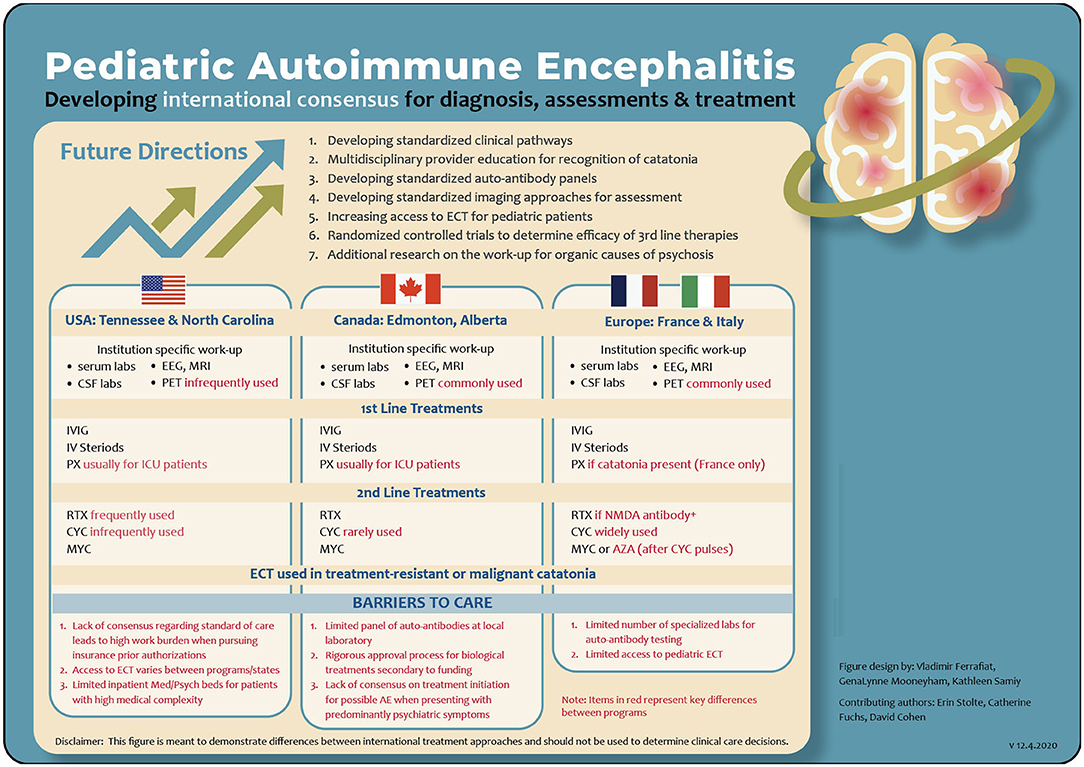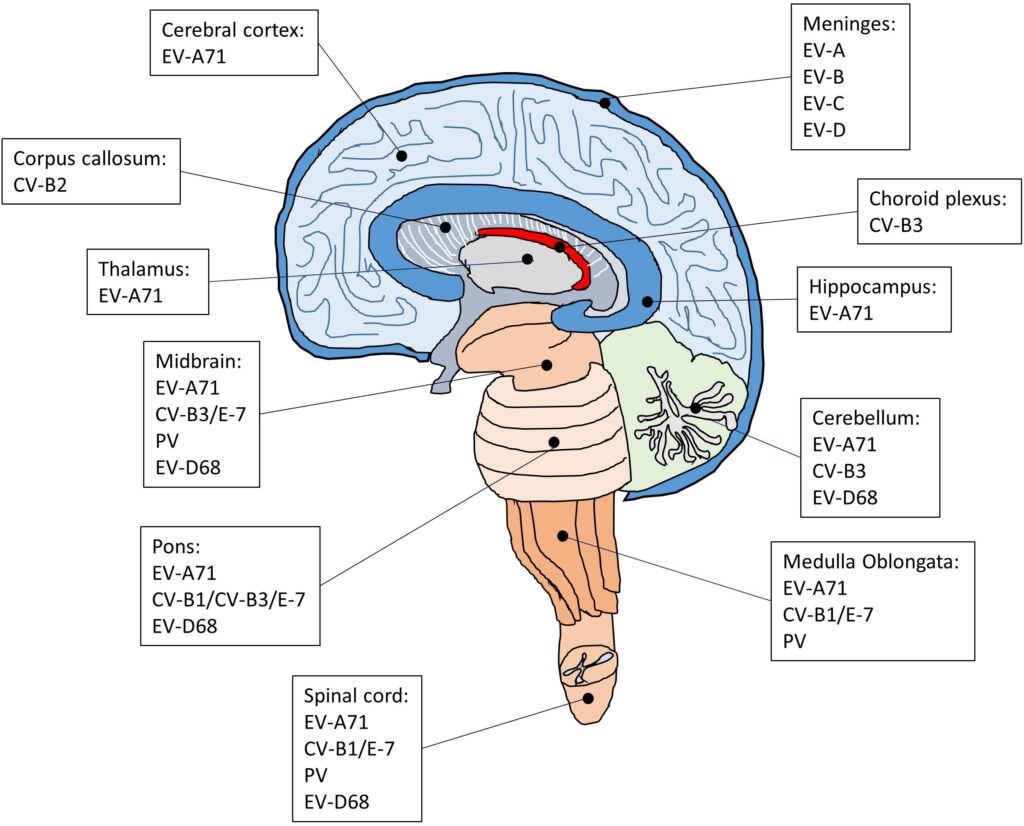Encephalitis, often abbreviated as “enceph,” is a serious medical condition characterized by inflammation of the brain. This inflammation can result from various causes, including infections, autoimmune responses, or other underlying health conditions. While encephalitis is relatively rare, its impact on the body can be severe, leading to long-term complications or even death if not promptly diagnosed and treated. In this article, we will explore the causes, symptoms, diagnosis, and treatment options for this complex condition.

What Is Encephalitis?
Encephalitis refers to the swelling of the brain tissue, which occurs due to an inflammatory response. This condition disrupts normal brain function and can lead to a range of neurological issues. The inflammation may affect specific areas of the brain or spread throughout the organ, depending on the underlying cause. While some cases of encephalitis are mild and resolve on their own, others can be life-threatening and require immediate medical intervention.
Primary vs. Secondary Encephalitis
- Primary Encephalitis: This form occurs when the brain itself is directly infected by a virus, bacteria, or other pathogens. It is often caused by viruses such as herpes simplex or enteroviruses.
- Secondary Encephalitis: Also known as post-infectious encephalitis, this type occurs when the immune system mistakenly attacks healthy brain tissue after fighting off an infection elsewhere in the body.
Causes of Encephalitis
The causes of encephalitis can vary widely, but they generally fall into two categories: infectious and non-infectious.
Infectious Causes
Infections are the most common cause of encephalitis. These infections can be viral, bacterial, fungal, or parasitic in nature. Some of the most frequent infectious agents include:
- Herpes Simplex Virus: This virus is responsible for one of the most common forms of encephalitis. It can cause severe damage if not treated promptly with antiviral medications.
- Enteroviruses: These viruses, which are often associated with gastrointestinal illnesses, can sometimes lead to brain inflammation.
- Mosquito-Borne Viruses: Diseases such as West Nile virus, Japanese encephalitis, and Zika virus are transmitted through mosquito bites and can cause encephalitis.
- Tuberculosis and Syphilis: Although less common, certain bacterial infections can also lead to brain inflammation.
- Fungal Infections: Individuals with weakened immune systems, such as those with HIV or cancer, are at higher risk of developing fungal encephalitis.
Non-Infectious Causes
Non-infectious encephalitis occurs when the immune system mistakenly targets the brain. This can happen in the following scenarios:
- Autoimmune Disorders: Conditions like lupus or multiple sclerosis can trigger an immune response that leads to brain inflammation.
- Vaccinations: In rare cases, vaccines can cause an adverse immune reaction that results in encephalitis.
- Cancer: Certain types of cancer, particularly those affecting the immune system, can increase the risk of developing encephalitis.
Symptoms of Encephalitis
The symptoms of encephalitis can vary depending on the severity of the inflammation and the area of the brain affected. In mild cases, symptoms may resemble those of the flu, while severe cases can lead to significant neurological deficits. Common symptoms include:
Early Symptoms
- Fever
- Headache
- Fatigue
- Muscle aches
- Nausea and vomiting
Advanced Symptoms
As the condition progresses, more serious symptoms may develop, including:
- Confusion or disorientation
- Seizures
- Difficulty speaking or understanding language
- Weakness or paralysis in parts of the body
- Hallucinations or changes in personality
- Loss of consciousness or coma
Symptoms in Children
In children, encephalitis may present differently than in adults. Parents should watch for signs such as irritability, poor feeding, stiffness in the body, or a bulging fontanelle (soft spot) in infants.
Diagnosis of Encephalitis
Diagnosing encephalitis can be challenging because its symptoms often overlap with those of other neurological conditions. A thorough evaluation is essential to identify the underlying cause and determine the appropriate treatment plan.
Medical History and Physical Examination
Doctors begin by taking a detailed medical history and conducting a physical examination. They will ask about recent illnesses, travel history, exposure to mosquitoes or ticks, and any potential contact with infected individuals.
Laboratory Tests
Several laboratory tests may be performed to confirm the presence of encephalitis:
- Blood Tests: These can help identify infections or abnormalities in the immune system.
- Lumbar Puncture: Also known as a spinal tap, this procedure involves collecting cerebrospinal fluid to check for signs of infection or inflammation.
- Imaging Studies: Magnetic resonance imaging or computed tomography scans can reveal swelling or other abnormalities in the brain.
- Electroencephalogram: This test measures electrical activity in the brain and can detect patterns associated with encephalitis.
Treatment Options for Encephalitis
The treatment of encephalitis depends on the underlying cause and the severity of the condition. Early intervention is critical to prevent complications and improve outcomes.
Treatment for Infectious Encephalitis
If the cause of encephalitis is an infection, the primary goal is to eliminate the pathogen responsible. Treatment options include:
- Antiviral Medications: For viral encephalitis, drugs like acyclovir are commonly used to target specific viruses such as herpes simplex.
- Antibiotics: If the condition is caused by bacteria, antibiotics are prescribed to combat the infection.
- Antifungal or Antiparasitic Drugs: These medications are used for fungal or parasitic infections, respectively.
Treatment for Autoimmune Encephalitis
When the immune system is responsible for the inflammation, treatment focuses on suppressing the immune response. This may involve:
- Corticosteroids: These medications reduce inflammation and modulate the immune system.
- Immunotherapy: Treatments such as intravenous immunoglobulin or plasma exchange may be used to reset the immune system.
Supportive Care
In addition to targeting the underlying cause, supportive care is crucial for managing symptoms and preventing complications. Supportive measures include:
- Hydration and Nutrition: Ensuring the patient receives adequate fluids and nutrients is vital, especially if they are unable to eat or drink independently.
- Pain Management: Medications may be prescribed to alleviate headaches and other discomforts.
- Seizure Control: Anticonvulsant medications are used to manage seizures if they occur.
- Respiratory Support: In severe cases, patients may require mechanical ventilation to assist with breathing.
Rehabilitation
For individuals who experience long-term effects from encephalitis, rehabilitation therapies such as physical therapy, occupational therapy, and speech therapy can help restore function and improve quality of life.
Prevention of Encephalitis
While not all cases of encephalitis can be prevented, certain measures can significantly reduce the risk of developing this condition:
- Vaccination: Vaccines are available for many viruses that cause encephalitis, including measles, mumps, rubella, and Japanese encephalitis.
- Mosquito Control: Using insect repellents, wearing protective clothing, and eliminating standing water can reduce the risk of mosquito-borne infections.
- Good Hygiene Practices: Regular handwashing and avoiding close contact with sick individuals can help prevent the spread of infections.
Special Considerations for High-Risk Groups
Certain populations, such as young children, older adults, and individuals with weakened immune systems, are at higher risk of developing encephalitis. Extra precautions should be taken to protect these groups, including staying up-to-date with vaccinations and seeking prompt medical attention for any concerning symptoms.





